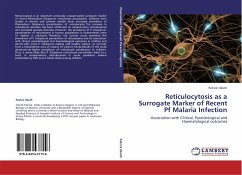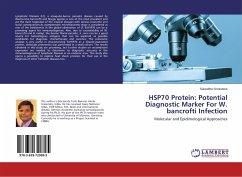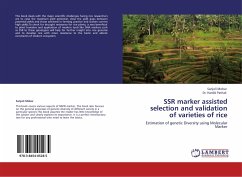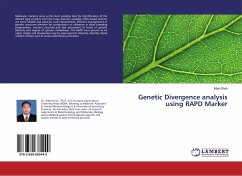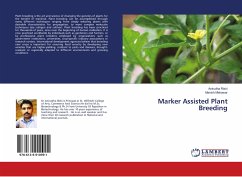Reticulocytosis is an important previously unappreciated surrogate marker of recent Plasmodium falciparum reticulocyte parasitation. Evidence from studies in murine and primate models show increased prevalence of Plasmodium falciparum parasitisation of reticulocytes. The increase in reticulocyte infection has been attributed to compensatory reticulocytosis and increased parasite densities. However, the prevalence of P. falciparum parasitisation of reticulocytes in human populations in holoendemic areas of malaria is unknown. Therefore, the current study examined the prevalence of P. falciparum parasitation of reticulocytes and its association with clinical, parasitological and haematological outcomes in children and adults with acute P. falciparum malaria and healthy malaria -ve controls from a holoendemic area of malaria of western Kenya.Results of this study demonstrate higher prevalence of reticulocyte parasitation in children. Thus, it seems likely that P. falciparum reticulocyte parasitation leads to a burst in compensatory reticulocytosis in acute paediatric malaria predictable by HDP and a febrile illness among children
Bitte wählen Sie Ihr Anliegen aus.
Rechnungen
Retourenschein anfordern
Bestellstatus
Storno

